Ember
Ember is an independent, not-for-profit climate and energy think tank that produces cutting-edge research and high-impact, politically viable policies that aim to accelerate the global transition from coal to clean electricity.
See below for the Latest Ember News, Analysis, Profit Results, Share Price Information, and Commentary.
Why Singapore is a blueprint for smart grid development in ASEAN
Why Singapore is a blueprint for smart grid development in ASEAN
The city-state’s cumulative spending on digital grid is around $83.85m.
Global electricity demand up by 369 TWh in H1
China accounted for 54% of the increase.
How Thailand can save $1.8b in power generation costs
Additional solar and battery capacity will help reduce natural gas and coal use.
Renewables dominate Indonesia's future power plan
Electricity demand is expected to rise by 67%.
Solar and wind seen to energise 30% of ASEAN’s data centres in 2030
However, slow renewables deployment may affect progress if not addressed.
How can ASEAN boost energy security in the region?
It should take advantage of its interconnection and renewable energy potential.
ASEAN generates 26% of electricity from renewables in 2024
However, this was below the global average.
India needs $300b to meet 2030 renewables target
This will be crucial to boost generation and grid storage.
Indonesia’s latest power plan could undermine climate goals: Ember
The new plan may increase coal power generation.
Clean power must meet Asian demand amidst fading coal investment
Weaning the region off coal is a challenge, with rising electricity requirements.
Indonesia needs to retire 3 GW of coal annually to achieve 2040 phase out
This should be coupled with 8 GW of new additional renewables annually.
Singapore told not to be a test bed for small modular reactors
There are other power sources that are easier and cheaper to deploy, experts said.
Only eight countries update RE targets Post-COP28
They are all EU countries.
ASEAN faces emissions crisis as fossil fuels dominate power growth
Urgent renewable expansion is needed.
Asia’s renewable push hindered by policy gaps and infrastructure costs
Regulatory hurdles and ageing grids slow progress in the region.
ASEAN renewables fail to meet rising electricity demand in 2023
As the demand is expected to increase by 41%, solar and wind offer market opportunities.
India needs to fuel wind installations by 22% to reach 2032 target
Various states plan to contract over 100 GW of wind capacity by 2030.




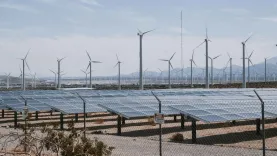
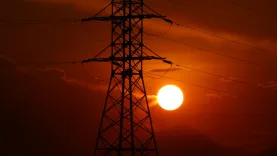

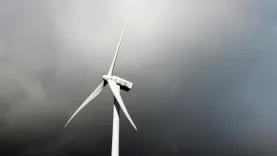



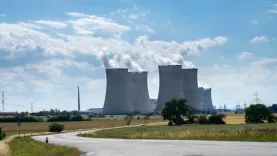

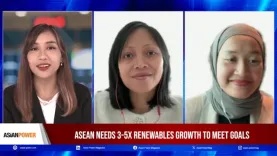

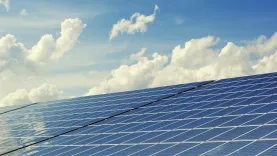
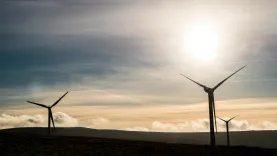

 Advertise
Advertise















Commentary
What a $635b investment push could mean for India’s refineries and thermal power plants